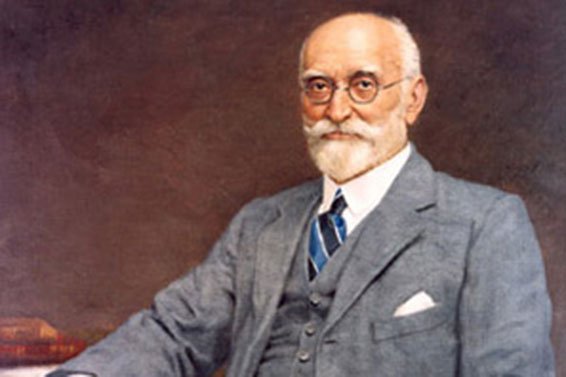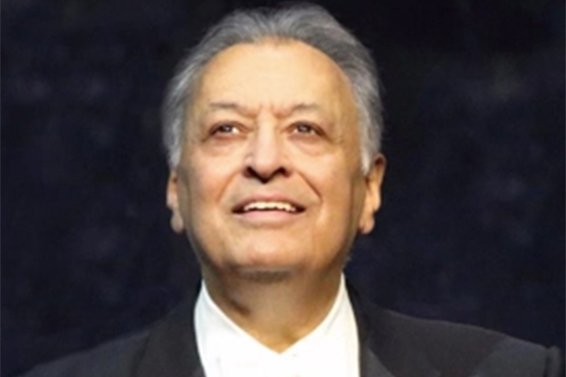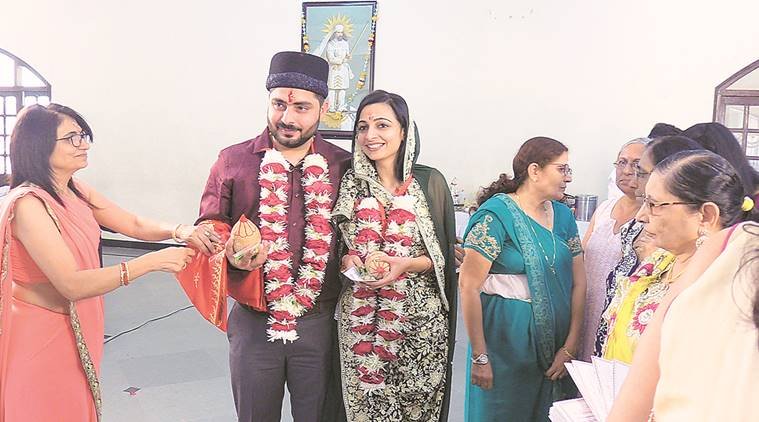Sir Dorabji Tata – The man who laid the foundation for Tata Steel
The history of the Tata Group and the story of its first few decades can also be retold as the life stories of three men — Jamsetji Tata, Dorabji Tata and JRD Tata. Jamsetji will always be remembered as the old parsi businessman in his long hat and flowing white beard and the one who gave the first vision of how private enterprise can transform a country like India. JRD, as the longest-serving Chairman of the group, will be remembered as the man who readied the Tatas and the Indian industry for the 21st century.
Sandwiched between these giants is Sir Dorabji, who in fact laid the foundation for the group between the two great wars of the 20th century. Today, three of the group’s brightest jewels — Tata Steel, Tata Power and Tata Chemicals, are products of his vision and unrivaled tenacity for this time. Author R M Lala, in his seminal corporate biography of the Tata Group titled Creation of Wealth, recalls some very interesting historical facts from Dorabji’s life that conjures up an image of a man of his times when the west was being built by men like Edison, Ford and Westinghouse. Dorabji and his colleagues at Tata Hydro-electric Company (now Tata Power) buying old boilers from mill owners before they went electric is a textbook case on how to create a market and the story of him pledging his entire personal wealth for a Rs 1 crore bank loan that saved Tata Steel in the early 1920s have become defining moments in India’s economic history. Perhaps the most endearing one is the image of Dorabji scouting for iron-ore in Central India in a bullock cart while trying to make tea with soda water.
For over a century and a half, only 8 men have sat the helm of the $113 billion Tata Group. Legacy of each of these has largely remained unique and in some cases, remarkably adventurous. The 28 years under Dorabji’s leadership is not only the second-longest stint for the group chairman’s office but also a critical period in the company’s history. It is also easy to forget that Jamsetji, Dorabji, and their men were seeking to make India free from imported steel, while political leaders were fighting for the country’s independence. Perhaps for leaders like Dorabji economic independence was a vital part of a country’s independence and if he was alive today, he would be among the foremost champions of the current government’s Atmanirbhar Bharat mission.
Dorabji was also a deeply committed patron of professional sports and his contribution to this field has been immense. He facilitated four athletes and two wrestlers in the Antwerp Olympics, 1920 which was merely the first stride in his fruitful journey of prodigious contributions in the field of sports. Before becoming a prestigious member of the International Olympic Committee, he served as the President of the Indian Olympic Council, during which he financed the Indian team to the Paris Olympiad in 1924. The work of Tata Group today in the field of sports, whether it is football, hockey or professional mountaineering are being carried out on the strong foundation laid by Dorabji.
Perhaps the greatest of all his contributions is the Indian Institute of Science, a dream that took shape on a ship in 1883 when JN Tata met Swami Vivekananda and fulfilled by Dorabji nearly two decades later.
The story of Dorabji’s life comes to a close around the time when the world was in the midst of the Great Depression. The decades that followed witnessed World War II and world getting divided between extreme political/economic ideas like capitalism and communism. The type of capitalism that leaders like Dorabji practiced had little room for such binaries. He inherited his father’s dreams and legacy and over the next few decades created and left behind his own. Sir Dorabji Tata will forever be remembered as the man who laid the foundation for Tata Group.
By Chanakya Chaudhary
(The author is Vice President (Corporate Services) Tata Steel.)





